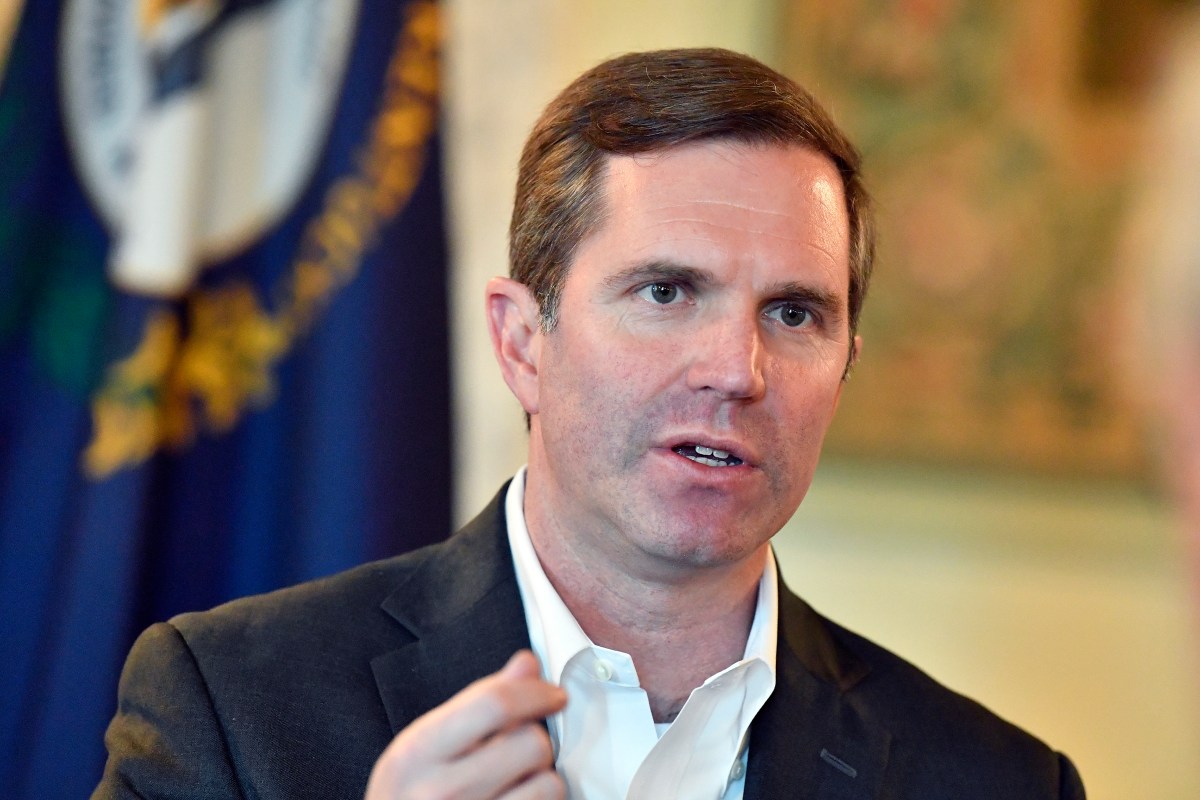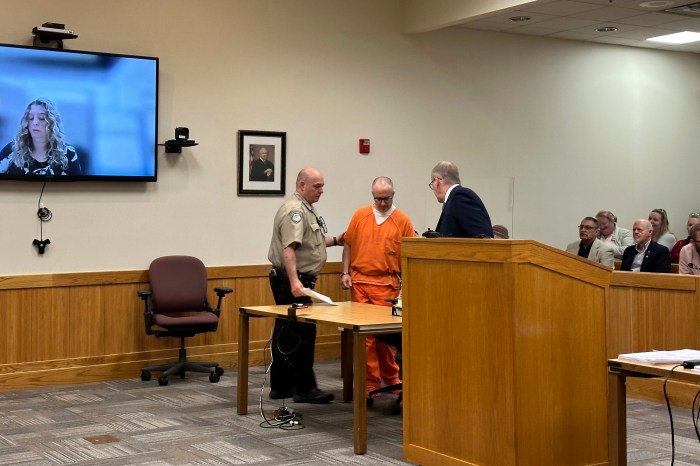FRANKFORT, Ky. (AP) — Kentucky will use a lottery system to award an initial round of licenses to businesses competing to participate in the state’s startup medical cannabis program, Gov. Andy Beshear announced Thursday.
The governor called it a fair way to give each applicant that clears the screening process an opportunity to land a license for the program, which launches statewide at the start of 2025.
The lottery, set for October, should remove any temptation to lobby in an effort to “get a leg up in different ways that we don’t want to see,” Beshear said at his weekly news conference.
“It reduces or eliminates litigation, and it creates a more fair process, not one where people bid against each other and only then the big companies can be a part of it,” the governor said. “But one that provides at least a chance for everyone who can meet the criteria.”
The state initially will issue 48 medical cannabis dispensary licenses, divided among 11 regions. The goal is to ensure the shortest possible drive times for Kentuckians with qualifying health conditions, said Sam Flynn, executive director of the medical cannabis program.
Each region will be allocated at least four dispensary licenses, and counties will be limited to one dispensary with the exception of those that are home to Louisville and Lexington, which can have two licenses, Flynn said.
Limited numbers of cultivator and processor licenses will be issued.
Caps on licenses are meant to avoid flooding the market with medicinal cannabis products and exceed demand, which would hurt businesses and patients, the governor said.
“You can see this is not about having a dispensary on every corner,” Beshear said. “It is a limited program that we can monitor and fulfill the promise we made of doing this safely, but also having access in each region for people that do qualify.”
The program can be expanded with more businesses in the future depending on demand and whether more qualifying medical conditions are added.
“This is likely the minimum that you will see on the program moving forward,” Beshear said. “But again, you can always scale up. Scaling back hurts businesses, hurts people and hurts access.”
“We don’t start huge. We start with a manageable program that, yes, can grow,” he added.
On Wednesday the Democratic governor signed legislation moving up the timeline for licensing cannabis businesses by six months, with the window for applications running from July 1 through the end of August. The change makes it likely that at least limited supplies will be available in January when they become legal, Beshear said.
Medical marijuana supporters overcame years of setbacks in Kentucky when lawmakers passed the measure last year legalizing medical cannabis for people suffering from a range of debilitating illnesses, including cancer, multiple sclerosis, chronic pain, epilepsy, chronic nausea and post-traumatic stress disorder.
The governor has advocated for adding more conditions to the qualifying list, but the bill he signed Wednesday did not do so.
Local governments and schools can decide not to participate in the state program.


















